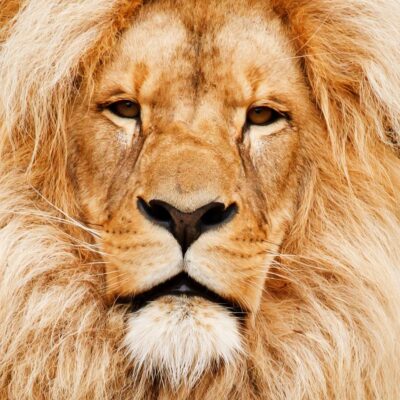1 The LORD is my shepherd; I shall not want.
2 He makes me lie down in green pastures. He leads me beside still waters.
3 He restores my soul. He leads me in paths of righteousness for his name’s sake.
4 Even though I walk through the valley of the shadow of death, I will fear no evil, for you are with me; your rod and your staff, they comfort me.
5 You prepare a table before me in the presence of my enemies; you anoint my head with oil; my cup overflows.
6 Surely goodness and mercy shall follow me all the days of my life, and I shall dwell in the house of the LORD forever.
Psalm 23, a Psalm of David
The Psalm quoted above is perhaps the most beloved passage in all of scripture. We’ll be reciting it in our worship service this Sunday, October 17. On the Tri-Pres Daily blog we’ll be going through it line by line.
1st- The first word of the verse is translated LORD in the English translations. It is the Hebrew personal name for God first revealed to Moses at the burning bush in Exodus 3. This name is repeated more 4000x in the Old Testament. I literally means “I am who I am.”
Among other things, the personal name of God has two significant applications about who God is in contrast to all created beings and things. First, the bearer of such a name must be both without beginning or end, timeless or eternal. Unlike God, all human beings and created objects have a beginning (and an end!). Second, the bearer of such a name must also be all-sufficient and in need of nothing. He is derivative of no other person, place, or thing. No other person, place, or thing that human beings know can be described in this manner. All human beings have a family history that describes us and we are dependent upon certain things like oxygen and food. God is all-sufficient. He needs no one or no thing. We have to learn and grow and develop as we are creatures, but God needs nothing. He is, “I AM.” Unlike creatures, he will not diminish or falter or burn out. Unlike human beings, the LORD can absolutely be counted upon all the time!
What is stunning about the first clause of Psalm 23 is that the verb that follows is a participle for the concept of shepherding work with a Hebrew ending that indicates the shepherding work is applied to a singular pronoun, (I, me, my, mine).
The LORD shepherds. in the ancient near-eastern world, shepherding work was unpleasant, non-glamourous, & dirty work. Shepherds were not people of prestige. That is one reason why Psalm 23:1 is an amazing and beloved verse. The uncreated, independent, sovereign, eternal, all-sufficient God, the LORD, reveals himself to be “shepherd” to his people. For a sheep to have the LORD as one’s shepherd is to be the most cosmically over-privileged sheep.
No one willingly chose to be a shepherd. It seemed that shepherding was the job one did if he could not find a better job to do. Why? It was back-breaking, thankless work. Not only did the sheep not appreciate the shepherds, but the shepherds were always on the clock, in season and out of season, tending to their flocks. Human shepherds were always on the job, but as human beings, they are fallible and would lose track of sheep or not be able to nourish them sufficiently or even lead them into mortal danger which they were unable to anticipate. But none of these outcomes could happen if the shepherd is the LORD. To have the LORD as one’s shepherd meant not a single moment passes in which one is not in the presence of the one shepherd who unfailingly feeds, leads, and defends his flocks.
If the LORD is my shepherd. Then this text means what it says it means. It literally means that “I shall not want.” I shall literally lack nothing. How can this be? How many sheep have a strong stock portfolio, dream house, fancy cars, love, and friends, etc? No matter what hopes and dreams or possessions or health and wellness that I lack, and I lack plenty of those, the truth of God’s word promises that what I do possess in the person of my shepherd, the LORD, means that I will lack nothing. Or to say it positively, I will have everything provided for me.
We’ll dive into the further meaning of this concept that “the LORD is my shepherd” in future posts as we look at v2-6. Please feel free to comment below and share some of the ways in which “The LORD is my shepherd, I shall not want,” has encouraged you.



